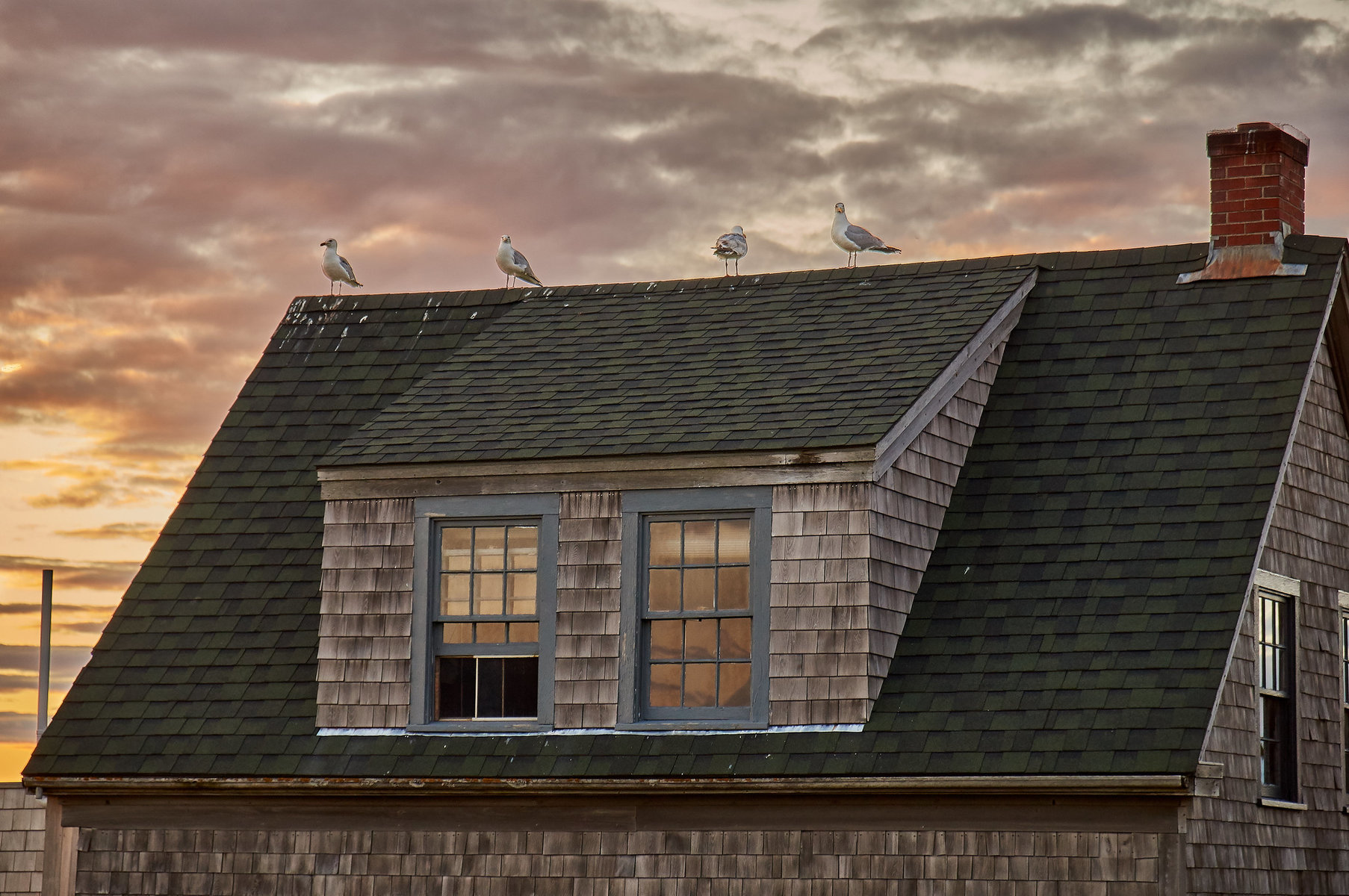Three great stories we found on the internet this week.
Big buzz
We know that green spaces in cities are good: for human health, for mitigating the urban heat island effect. Now, a new study in Australia shows that even small urban green spaces can have a real impact on local biodiversity.
The study involved greening a 195-square-meter plot in Melbourne, surrounded by streets and buildings. The researchers measured the baseline insect numbers before planting 12 indigenous plant species. After three years, they found that increasing the diversity of native plants in the space led to more than seven times as many insect species.
Dr. Luis Mata of the University of Melbourne, a lead research scientist at Cesar Australia, led the study, which he hopes will inspire gardeners to plant native species themselves. “This could help provide the evidence that … no matter how small your intervention, you’re going to derive a good positive ecological outcome,” he said.
Beating the heat
Summers in Maine are getting hotter: temperatures have risen by nearly 3.5 degrees Fahrenheit since the start of the 20th century. For Mainers without air conditioning — 30 percent of households lack central AC — heat pumps can offer relief. (Despite their name, heat pumps also work as air conditioners and dehumidifiers.)

In addition to the federal incentives for heat pumps via the Inflation Reduction Act, the state has its own program, Efficiency Maine, which recently announced enhanced rebates for heat pumps. In 2019, Governor Janet Mills set a goal of installing 100,000 heat pumps by 2025, and this summer, the state sped past that goal. The new target: 175,000 more by 2027.
Word of mouth has been a key factor. “Friends come over to visit somebody’s house that has put in a heat pump system and they’re really impressed by how comfortable it is, and they realize that they could do it, too,” said Michael Stoddard, executive director of Efficiency Maine.
Seeds of change
At just four acres, Small Axe, a farm east of Seattle, is indeed small. But it’s part of something bigger: the nonprofit Black Farmers Collective. The collective is working to grow Black-owned farm-based businesses, from farms to markets and food banks.
Crushed by negative news?
Sign up for the Reasons to be Cheerful newsletter.The collective is also helping to fill a key need: It partners with community groups to distribute the food it grows — vital in Seattle, where, data shows, almost a third of Black residents over 18 experience food insecurity.
“That’s one of the things that first brought me into farming,” said Masra Clamoungou, the farm manager for Small Axe Farm, “having a tangible result at the end of the work, something that literally feeds the body and feeds the souls of people.”







